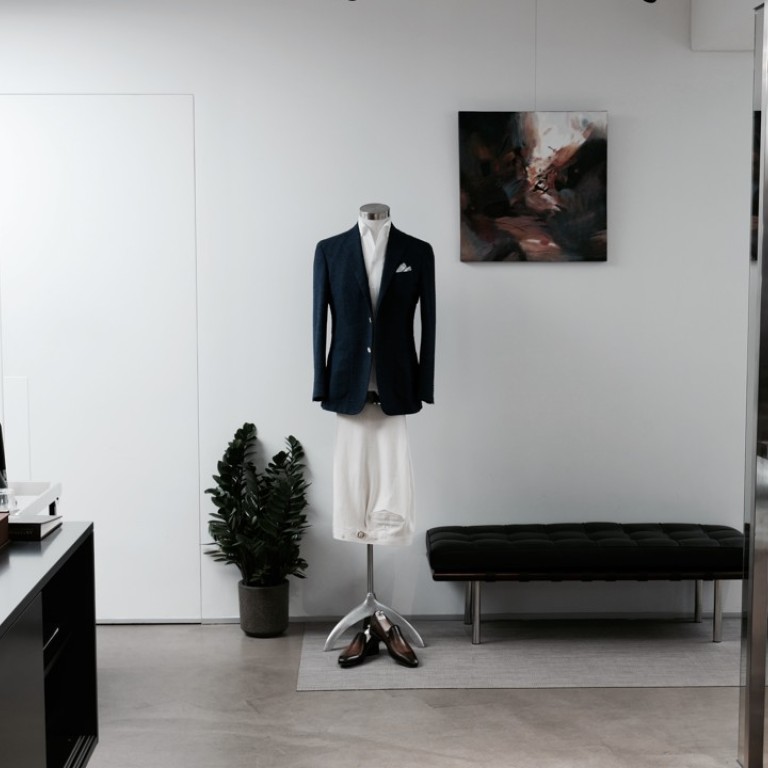
Why Hong Kong label Magnus & Novus wants spotlight on artisans in China who cut and sew its made-to-measure men’s fashions
You won’t see the label’s founders posing for the cameras – they want the focus to be on the skilled workers in Shenzhen, over the border from Hong Kong, making its clothes, as they aim to create apprenticeships scheme
Hong Kong menswear brand Magnus & Novus is on a mission to protect and promote tailoring skills in Asia – and for co-founder Ethan Rye it’s all about the needle.
“When we talk about beautiful craftsmanship and hand work, really, it doesn’t matter whether the craftsman is Asian, black, or white – excellent hand work is excellent handwork,” he says. “It’s really about someone who knows how to use a needle. It’s about giving them a direction, showing them how to use that needle and what to do with it, providing them with the skills so they could do it while they’re blindfolded.”
Are suits outdated? Never, despite the rise of athleisure
More than a luxury clothing and accessories label, Magnus & Novus champions ethical, sustainable, artisanal craft. When Rye and his partners established the house several years ago, Rye says they had a vision of preserving craftsmanship in China and resurrecting the fine handcraft that has existed in China for thousands of years.
“Today, it’s very difficult to find master tailors and skilled craftspeople in China, and we want to bring more awareness to that. As a humanist enterprise, we focus on ethical production, preserving these skills, and developing and training apprentices in our workshop in Shenzhen, where most of our products are made.”
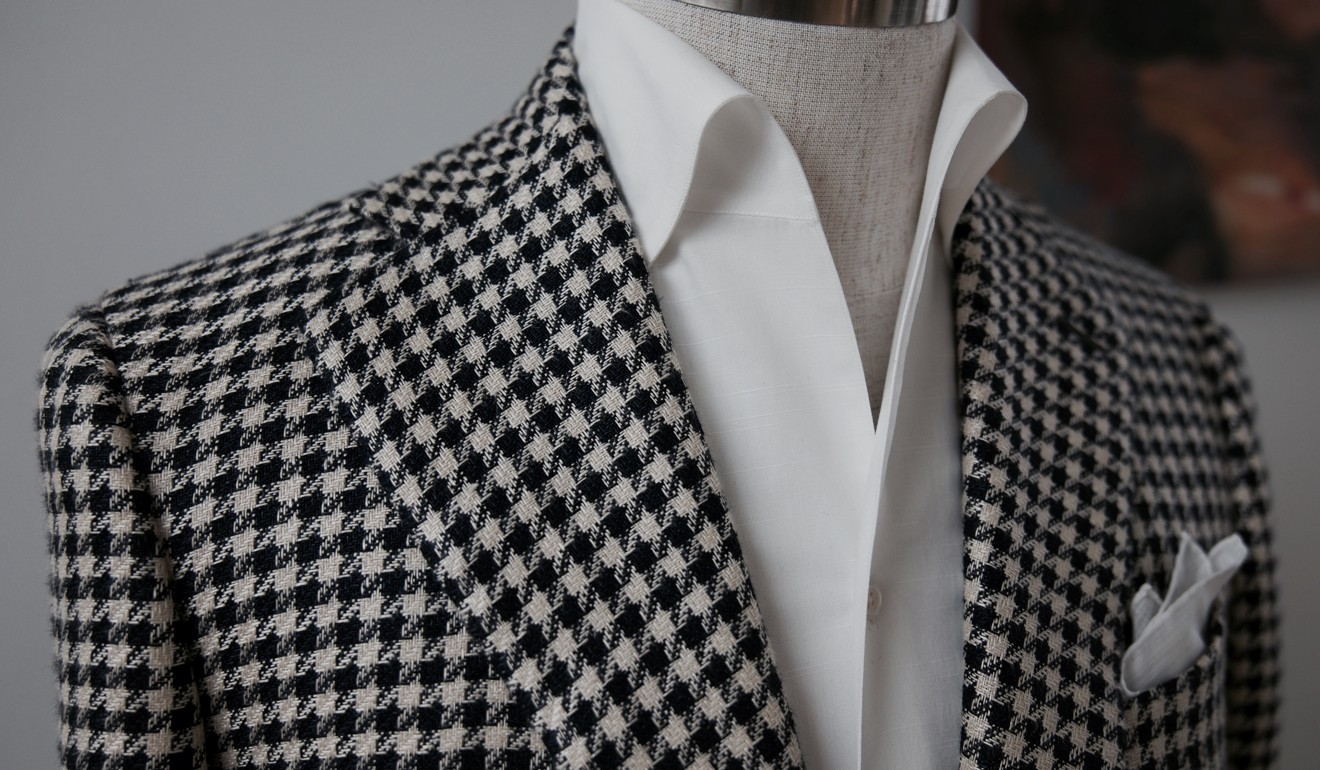
The ultimate objective, says Rye, is for Magnus & Novus to create an academy of high craftsmanship in China, where budding apprentices can learn from both seasoned local artisans and experts brought in from overseas – European and British master shoemakers, tailors, embroiderers, woodworkers, spectacle shapers, for example.
“In our journey towards establishing our own fine craft school, we aim to create a community of craftspeople under one roof, passing on heritage arts and crafts for generations to come,” Rye says.
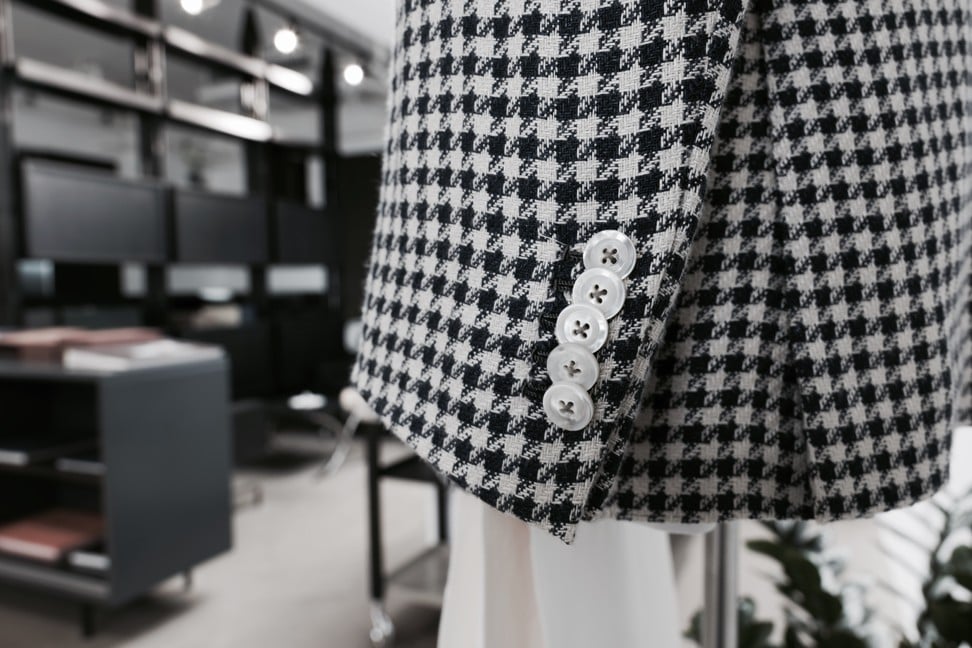
“We are passionate about the skilled trade and will begin to speak to local governments and private enterprises to support fully subsidised apprenticeships for the passionate yet underprivileged. Over time, our brand collaborations around the world will provide knowledge sharing in every product category, for this greater cause, in fine craft goods.”
How the Hong Kong man about town can wear Zegna or Tom Ford and not break the bank
Working as a city planner when he relocated to Asia seven years ago, Rye says he saw that handwork is undervalued in China.
“Unfortunately, the craftspeople are not remunerated fairly, so no one wants to enter that field. It’s the same all over the world. Affluent people don’t aspire for their children to be a tailor or a shoemaker – even though, of course, the wealthy do consume bespoke products made by these artisans. We hope to raise awareness and emphasise the real value of these skills,” he says.
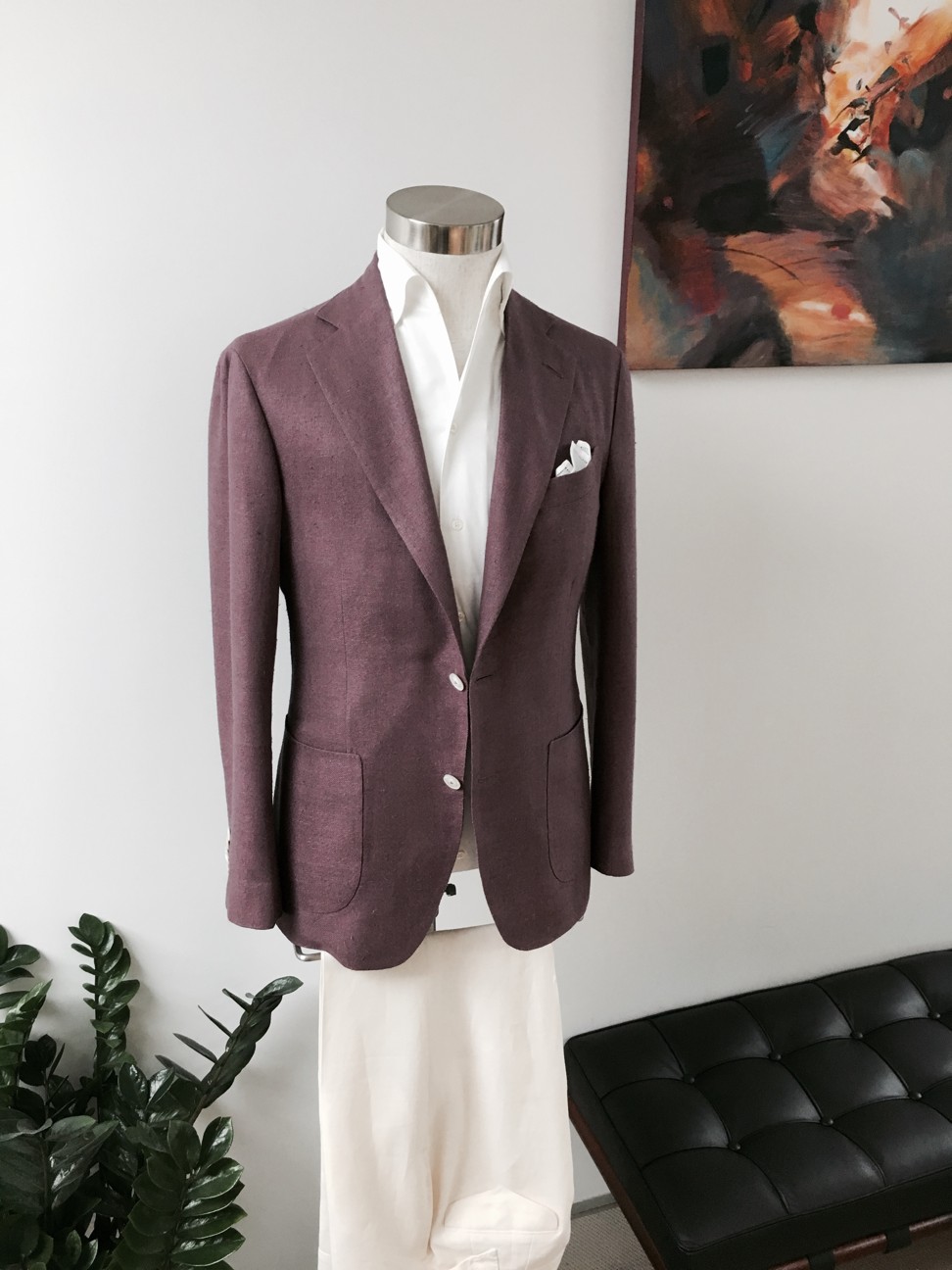
Rye believes Magnus & Novus’ classic blazers and sports coats, business suits, odd trousers, and fine shirting make customers’ lives easier and more sustainable because they are designed to be easily coordinated, long-lasting and with timeless style in mind.
“I’m not sure whether ‘fast fashion’ will die out; maybe it will persist,” Rye says ruefully. “But I do believe that an individual should invest in a timeless wardrobe piece that will last them for years and years to come, a piece they can even perhaps pass on to their son.”
That’s not to say Magnus & Novus’s offering is elitist.
It is more affordable than similar European products, Rye says, adding: “Scalable fine craft is something that I think should be accessible to all gentlemen in the world, not just to the privileged.”
Fashion shoot: geeky and proud of it
Authentic craftsmanship is becoming an increasingly sought-after commodity, he says. “There is this trend, especially in Asia, where consumers are becoming more educated on what they’re paying for, and they want more value from that product,” he says. “They want longevity, rather than a seasonal fashion product that’s purely about design, not craftsmanship.”
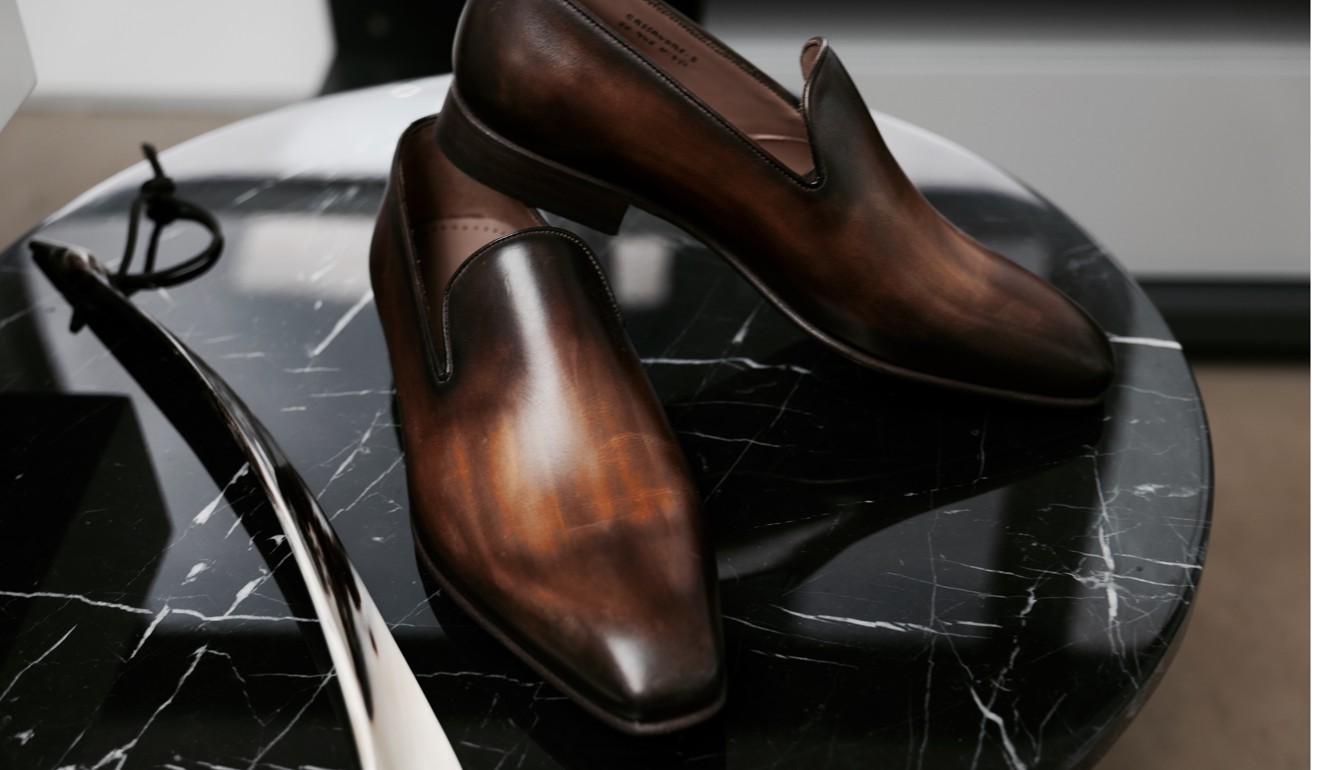
“It’s only a matter of time, maybe five to 10 years, and you’ll see a lot of very established craftsmanship-focused workshops in China, India and Thailand, offering product that is commercially viable and also very distinctive.”
Unlike some of the eponymous name-brand designer houses such as Giorgio Armani, Ralph Lauren, and Dolce & Gabbana, the team leading Magnus & Novus want to put craftspeople on a pedestal and make the artisan the hero. That’s why you won’t see pictures of Rye or his partners in the pages of glossy magazines, or the Post.
“We truly believe that the cause and endeavours of Magnus & Novus will be greater than any one individual in the long term,” he says.
